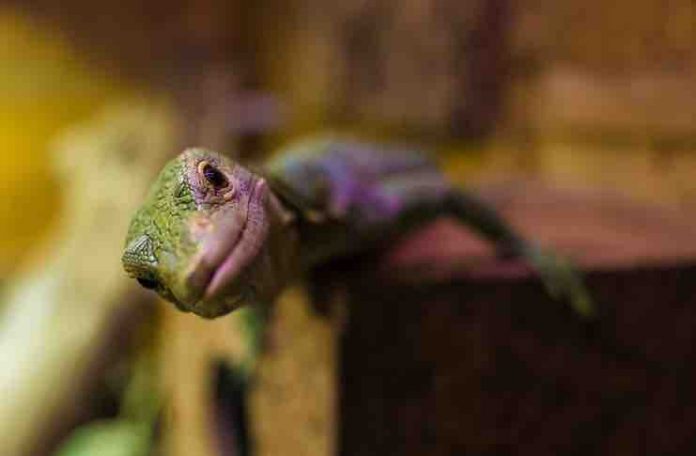The use of CBD has been popular among pet owners for nearly a decade now; so much so that tinctures and gummies with dosage ranges specifically for cats and dogs are now quite common within the industry. But what about less common pets, like bearded dragons, turtles or snakes? If you happen to be the owner of a scaly friend, you might be surprised to know that with slight adjustments in dosing accounting for size and age, reptiles stand to benefit just as much from CBD as any other pet in the household.
What is CBD, and is it different from THC?
CBD is a cannabinoid found in marijuana and hemp. It has been shown to have numerous therapeutic benefits, both for acute conditions like muscle spasms and arthritic pain as well as chronic disorders like anxiety and depression. It’s also actively being researched for its potential use in the treatment of cancer, epilepsy, Alzheimer’s disease, diabetes, Parkinson’s disease and others.
Cannabis contains over 100 cannabinoids, but THC (tetrahydrocannabinol) and CBD (cannabidiol) are the ones most frequently studied for potential medical applications. While THC is psychoactive, CBD is not. This means that CBD won’t cause a “high,” alter one’s perception of time or disrupt healthy sleeping patterns.
Because pets are prone to suffer from chronic pain, irritable bowel syndrome (IBM) and even separation anxiety as they get along in years, they can significantly benefit from CBD as a health supplement. This is true for everything from broad- and full-spectrum pet tinctures to the most potent CBD oils on the market.
In this post, we go over common pet conditions whose symptoms can be reduced using CBD, and general dosing guidelines for your pet reptile by size and method.
Common CBD Uses in Pets
CBD is a great option for pet reptiles, and it can be acquired as a pill, powder or liquid. Unlike dogs or cats — who are prone to conditions like arthritis, skin infections, and obesity — reptiles are susceptible to a different range of problems, the symptoms of which can still thankfully be improved with the supplementation of CBD. These include:
- Herpesvirus is a viral infection common to turtles and tortoises. One of its earliest and most distinguishable symptoms are sores on or around the mouth.
- Ear Infections are common in four-legged reptiles, such as bearded dragons, iguanas, chameleons and geckos. You can easily spot an ear infection when/if your pet reptile has swollen ear drums or appears to experience pain when opening his or her mouth.
- Amebiasis is a type of bacterial infection that commonly occurs in carnivorous reptiles who feed on raw meat, or whole mammals like gerbils. This can include anything from snakes to African bullfrogs. Symptoms include a loss of appetite, vomiting or blood in droppings.
All three of the above infections can typically be avoided by maintaining a clean habitat and a healthy diet for your pet. This can be supplemented with the use of broad- or full-spectrum CBD, or a tincture infused with antibacterial terpenes like limonene.
It’s worth noting that common maladies in pet reptiles are not limited to infections. High-potency CBD tinctures, including ones without terpenes, can be used to treat other common conditions marked by chronic pain and inflammation, such as metabolic bone disease and cloacitis.
Dosages & Dosing Methods For Pet Reptiles
CBD can be administered to pet reptiles orally, or by adding it to their water dish. The correct dosage amount for a pet reptile varies and will depend on your pet’s weight. If you give CBD to your pet with food, you don’t need to worry about giving an exact milligram dosage per pound, since CBD is a supplement and its effects are usually long-term.
Remember to consult your veterinarian before administering CBD to get a solid dosage range for your specific pet, with considerations made for species, age, gender and weight.



